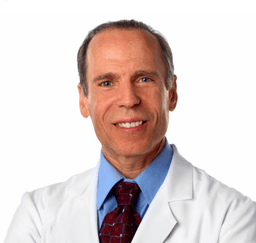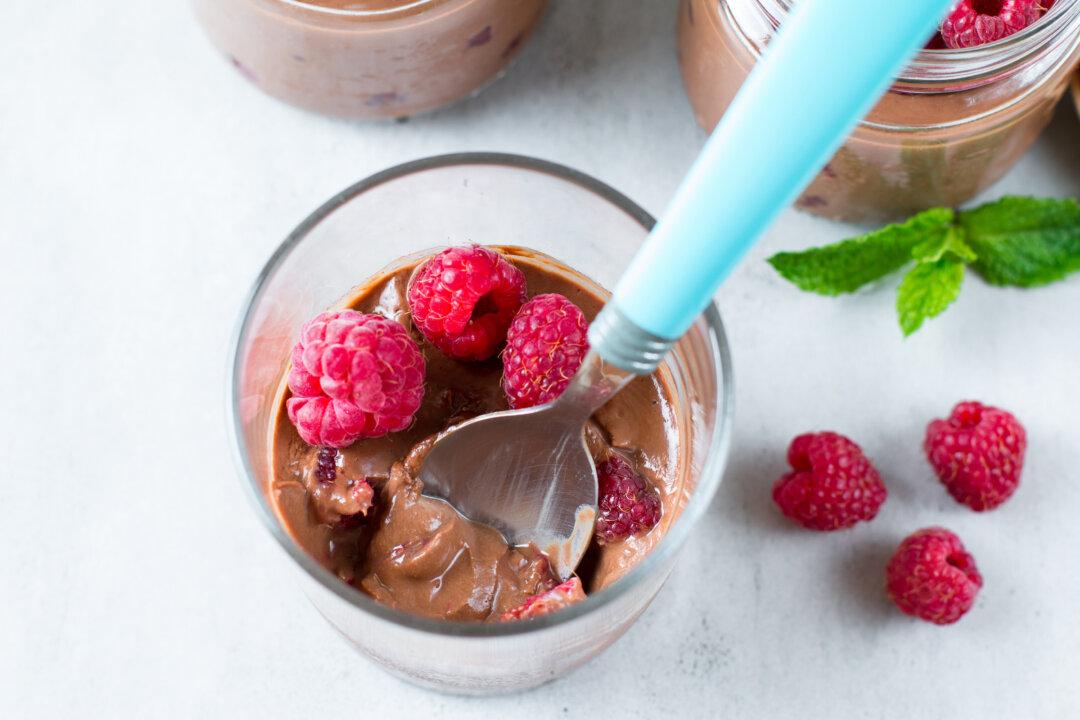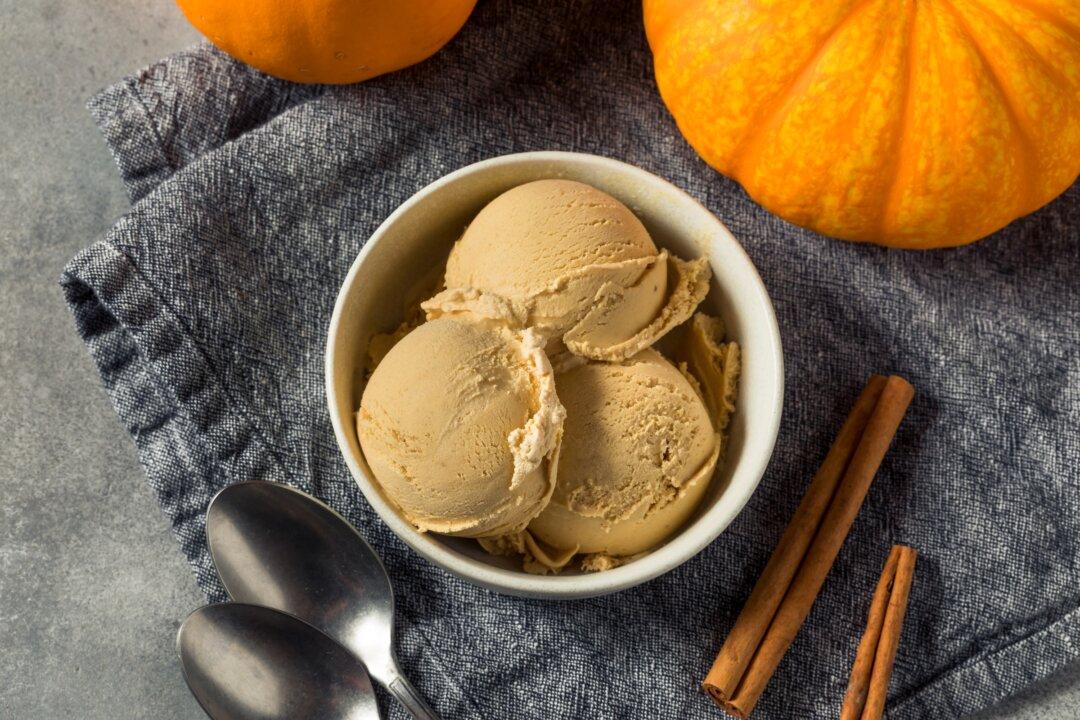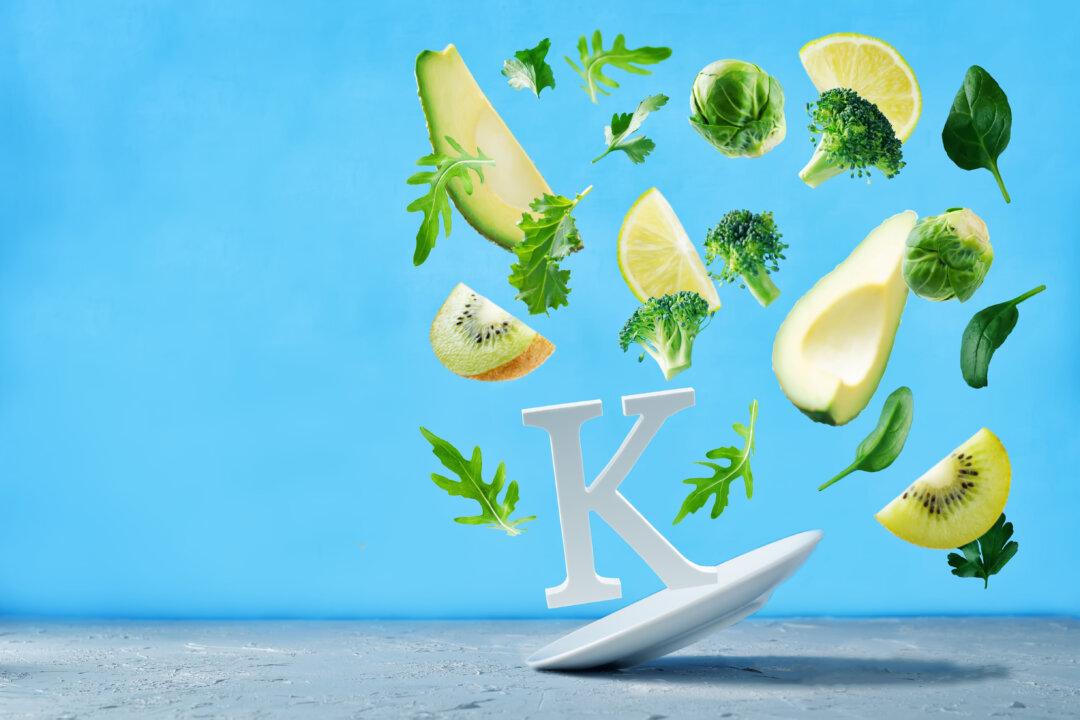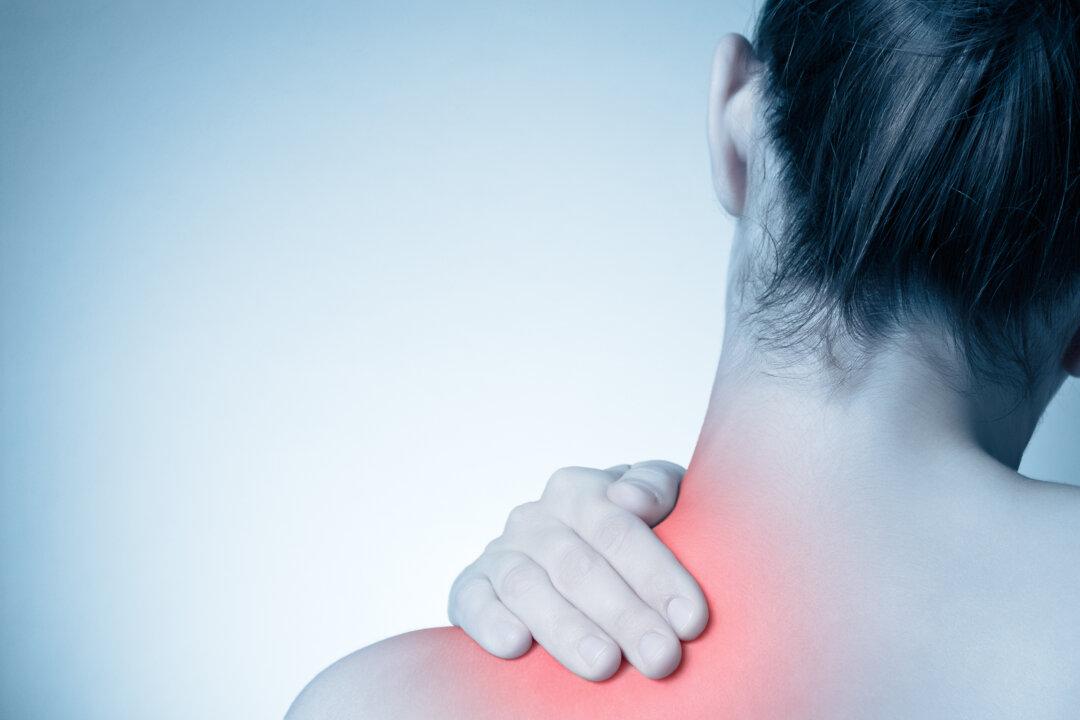Acne is the most common skin condition in the U.S. About 85% of people in the Western world experience acne during their teenage years, but it can occur at any age. Acne is more than just pimples and it can leave permanent scars. In many people, acne can seriously affect quality of life, causing low self-esteem, withdrawal from social situations, anxiety, and depression.
There are four major components of acne:
- Excessive production of oil by the skin
- Skin cells dividing excessively or “hyperproliferation”
- Bacteria
- Inflammation


